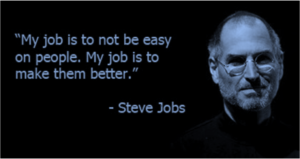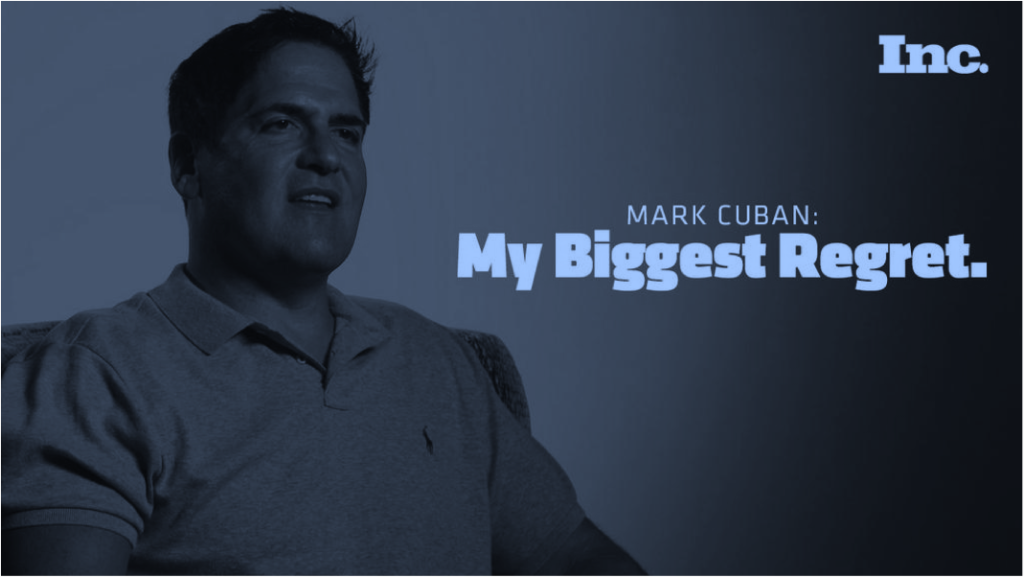The Point: While this might not be the main criteria on an executive’s job description, giving presentations is a regular feature of your C-Suite career. Most CEOs think that their position in the organization will ensure that everyone will listen to what they present and accept it wholeheartedly. But when it comes to long-term success as a leader, this is not the best strategy to follow… In other words, it’s not a given! Following are some effective leadership development skills that will help you give great presentations… Enjoy!
#4 Have Technical Command Over Your Material
Preparation is key. If the audience gets the slightest impression that you are speaking impromptu (see next point), then they will not take your presentations seriously or perhaps take it too lightly. Any future endeavor in this regard will just be a waste of time. So even if you are an expert in the topic you will speak on, you should still develop a logical outline on paper.
#3 Speak, Don’t Read
While you have prepared notes and PowerPoint slides, you should NOT read off them. Your presentation should be like a conversation, not a robotic repetition of facts and figures. You have to develop a nice balance of intense preparation and impromptu speaking to make your presentation as natural as possible. For instance, you can choose to include some humor or comment on a recent cultural event to increase the audience’s interest in what you have to say at the opening, middle or closing (It’s complicated, right?)
#2 Command Attention
As mentioned at the outset, you simply cannot expect people to pay you complete attention simply because you’re a C-Suite executive. Instead, you have to make sure you’re using the right body language and gestures to ensure that your audience is really listening. Stand upright, and maintain eye contact with the audience are two examples of proper presentation body language.
#1 Be Concise
Writing or speaking more is not considered authoritative any more. Consider what Winston Churchill had to say on the length of the speech:
‘If you want me to speak for two minutes, it will take me three weeks of preparation, it will take me a week to prepare. If you want me to speak for an hour, I am ready now.’
There is much wisdom in this quote. You have to respect people’s time and get straight to the point. When you are clear and succinct in your presentations, your audience will not resent it (but actually anticipate it).
Summary
Presentations being a vital part of leadership communication skills, you have to use the tips given above to boost the quality of your presentations. Pay special attention to the general mood of the audience, and based on that, use a mix of preparation and casual conversation, all the while using body language to command their attention.
If you’d like more information about Tip of the Spear’s Business Advisory Services, consisting of Centered Executive Coaching, Leadership Development through ‘The Leadership Challenge’ methodology, and Communication Skills Training for Leaders use the CONTACT US page of this website.


